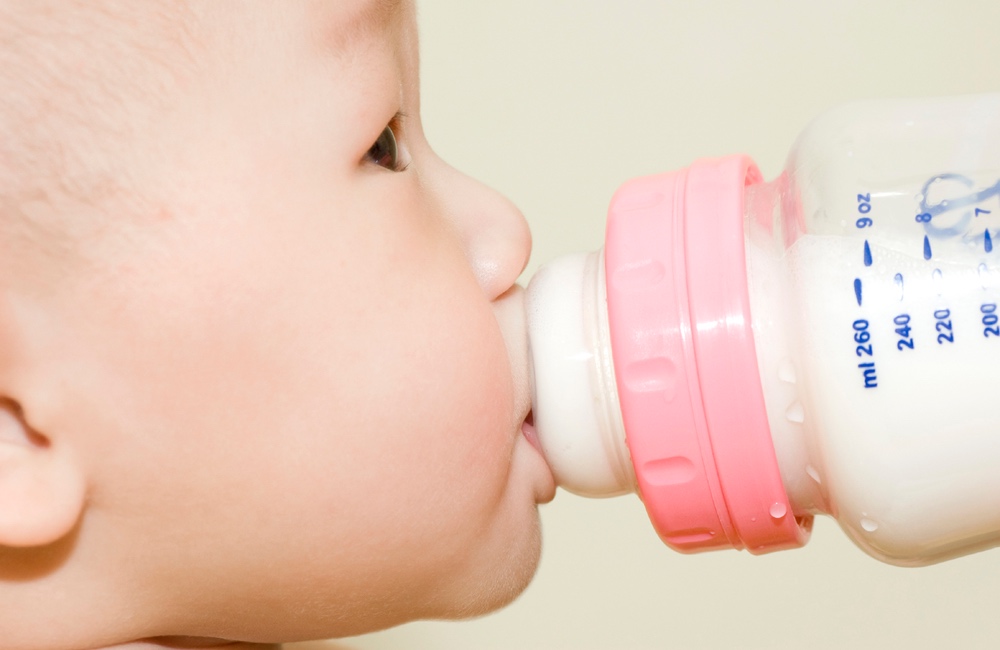There seems to be nothing breast milk can't do. Breastfeeding can decrease the risk of sudden infant death syndrome (SIDS), increase IQ, help prevent middle ear infections, colds and flu; reduce the risk of type 1 diabetes, decrease the risk of asthma and eczema, and lower the risk of obesity in adolescence and adulthood.
A human mother's milk is produced specifically to meet the requirements of her offspring. From the earliest colostrum, to mature milk, breast milk is a dynamic liquid food that changes as the infant's needs change.
In addition to vitamins, minerals, protein and fat, breast milk contains thousands of bioactive molecules that play a role in protecting the infant against infection and inflammation. They contribute to the development of the infant's own immune system, and influence organ development.A partnership that assures that breast fed infants will have an appropriate supply of beneficial bacteria in their systems to help them develop and thrive.
Much has been written recently about the importance of the bacterial population in the human gastrointestinal system. This diverse group of bacteria — your microbiome — changes through the life cycle and has an important role in health including aiding in digestion, vitamin synthesis and metabolism. An infant's microbial population includes a bacteria, Bifidobacterium longum subsp. infantis (B. infantis), which is specifically important to the digestive and immune health of infants.
B. infantis has the ability to use the specific nutrition provided by human milk to fuel babies' growth, the researchers found. They identified a component of human breast milk, called glycoproteins, that provides the perfect food for the B. infantis; and B. infantis contained the exact enzyme that is necessary to break down the milk glycoproteins into smaller useable nutrients called oligosaccharides.
This partnership, or symbiosis, assures that breast fed infants will have an appropriate supply of beneficial bacteria in their systems to help them develop and thrive.
The researchers wondered whether the beneficial B. infantis could also break down glycoproteins in cow's milk so they could be used as an energy source. They found that the enzyme worked as well on cow's milk glycoproteins and that the released oligosaccharides were a robust source of nutrient for the growth of B. infantis.If the bioactive compounds in breast milk could be introduced into infant formula, it might also promote the growth of beneficial gut bacteria.
The finding suggests that if the bioactive compounds in breast milk could be introduced into infant formula, it might also promote the growth of beneficial gut bacteria, and provide an attractive option for infants and mothers who are unable to breast feed.
The World Health Organization, the American Academy of Pediatrics and other organizations have endorsed breast milk as the optimal first food choice for infants, but this research opens a way toward enriching infant formula so that it may eventually be able to offer babies some of breast milks many benefits.
The study is published in Applied and Environmental Microbiology.





